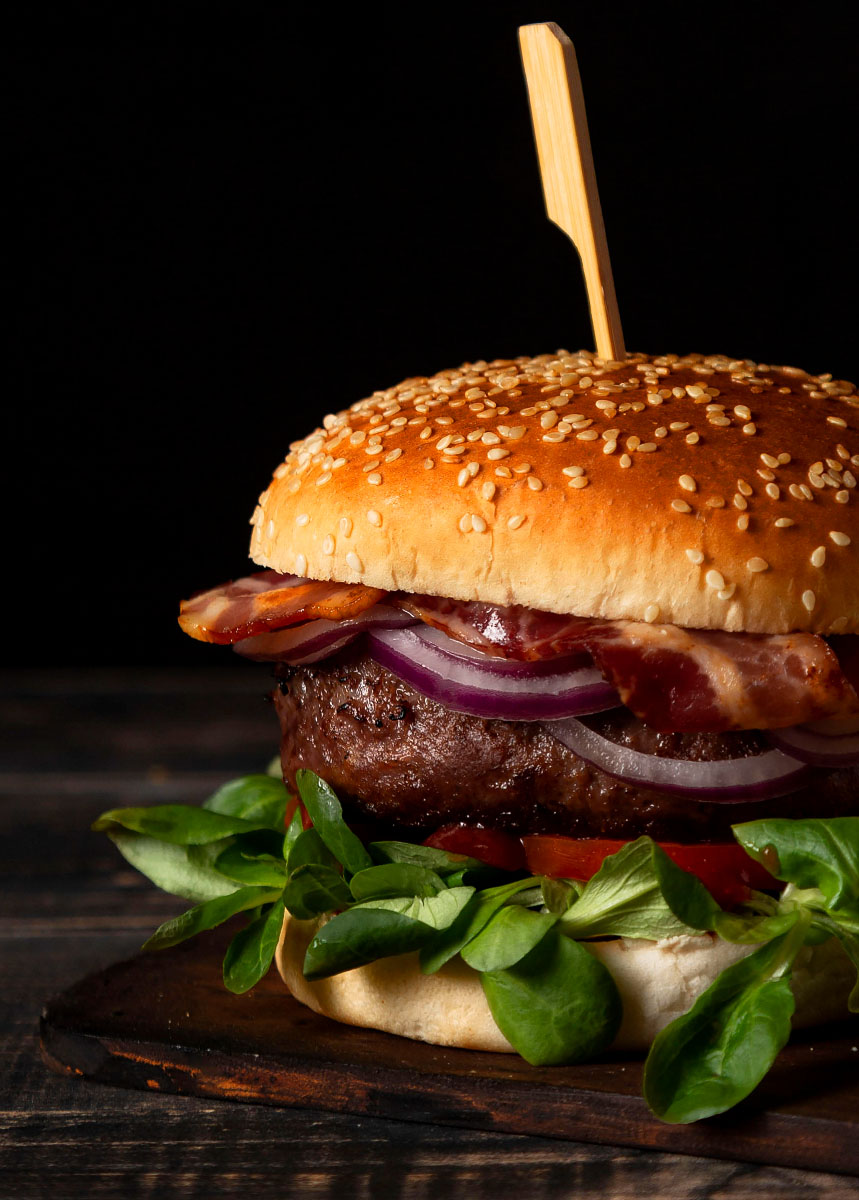 Have you ever heard about books and other forms of literature that have been banned? Have you stopped to wonder what kind of horrible things those books could possibly contain? What could have possibly driven bodies of authority to ensure that they were completely removed from shelves so that the only way to attain them was by breaking the law? Sometimes, books are banned because of inappropriate language or content. Other times, books are banned because of the dangerous ideas they contain.
Have you ever heard about books and other forms of literature that have been banned? Have you stopped to wonder what kind of horrible things those books could possibly contain? What could have possibly driven bodies of authority to ensure that they were completely removed from shelves so that the only way to attain them was by breaking the law? Sometimes, books are banned because of inappropriate language or content. Other times, books are banned because of the dangerous ideas they contain.
Ideas can lead people into believing things that are not true, or adopting views that can cause them to behave dangerously and irrationally. Some ideas, as history has proven, can be so malicious that they cause the death and suffering of millions of people.
The words and ideas of people can be powerful influencers. In fact, the beha-viours and values of most human beings are shaped by other people. Young people grow using the ideas and guidance of others. They are one of the most susceptible groups to the influence of external ideas, regardless of whether they may be positive or negative.
Recently, I came across a rather strange video and was left flabbergasted by it.
The video was that of a cow eating a cheeseburger. The cheeseburger was not disguised in any form, nor did it seem out of the ordinary. The cheeseburger was offered to the cow, and it simply took it and ate it.
My first reaction was a mixture of shock and amusement at the irony presented in the video. Then, I realised how truly strange the video was. One of the most fundamental qualities of a cow is that it is a herbivore. Even little kids, when asked to name animals that ‘only eat plants’, would not hesitate to answer with the word ‘cow’’. Then, why was this cow eating meat?
After some investigation, I discovered that although cows are herbivores, they do have the ability to eat meat. Constantly feeding them meat, or feeding them large quantities of meat is not good for their digestive systems, but when offered meat, in the form of a cheeseburger, for example, a cow may not refuse it.
Then, there arises another question. Feeding a cow a cheeseburger once may not necessarily be bad for it, but as the humans who are responsible for caring for it, we do understand that there are certain moral implications of feeding an animal some meat of its own kind. Should we be concerned about these implications even though the cow may not be affected by it? As silly as it sounds, should we also consider whether a cow would want to eat the burger if it was capable of understanding what it was made of?
A question like this parallels the considerations that must be made when we create content for our young people. Of course, any truly negative content is banned or removed from their reach by teachers, parents or even the government. On the other hand, when we write or speak to our young people, how often do we knowingly feed them information that may not be immediately harmful, but could be dangerous because of the manner in which the information influences their minds even without them being aware that they are being influenced.
Even today, the world convinces individuals who have not even reached adulthood that violence and war are brave, when they are truly just needless bloodshed. The world, at this very moment, is making addicts out of children by marketing drugs, cigarettes and alcohol through big screens and books.
If we believe that feeding a cow flesh of its own kind is disgusting and cruel despite the fact that it does not immediately harm it, then why are we okay with feeding information to our children that can influence them and change the course of their entire life at an age where they look to the world for guidance?






